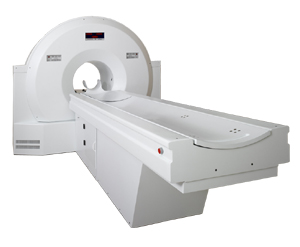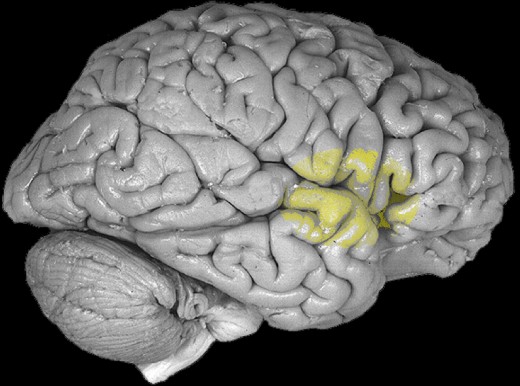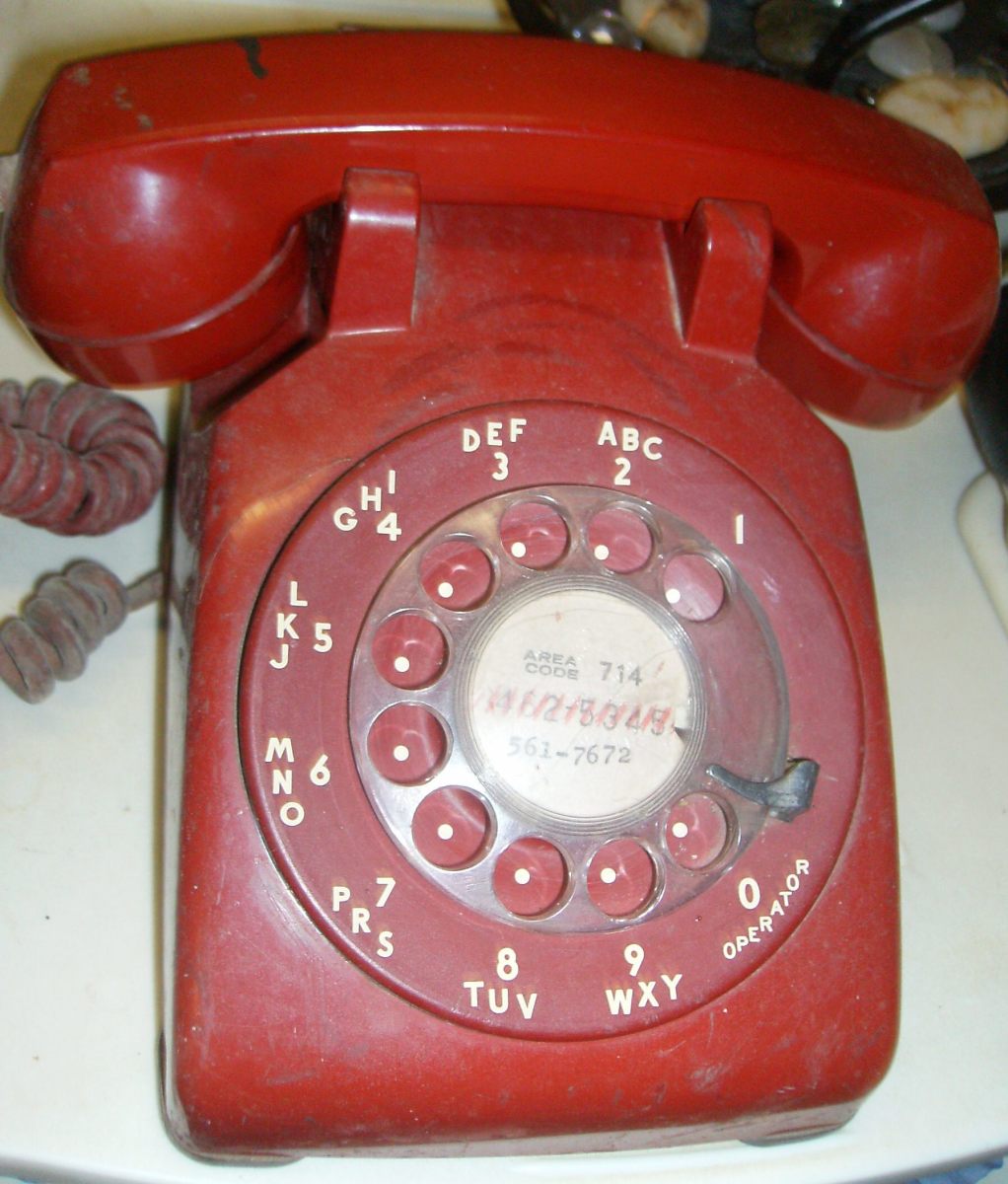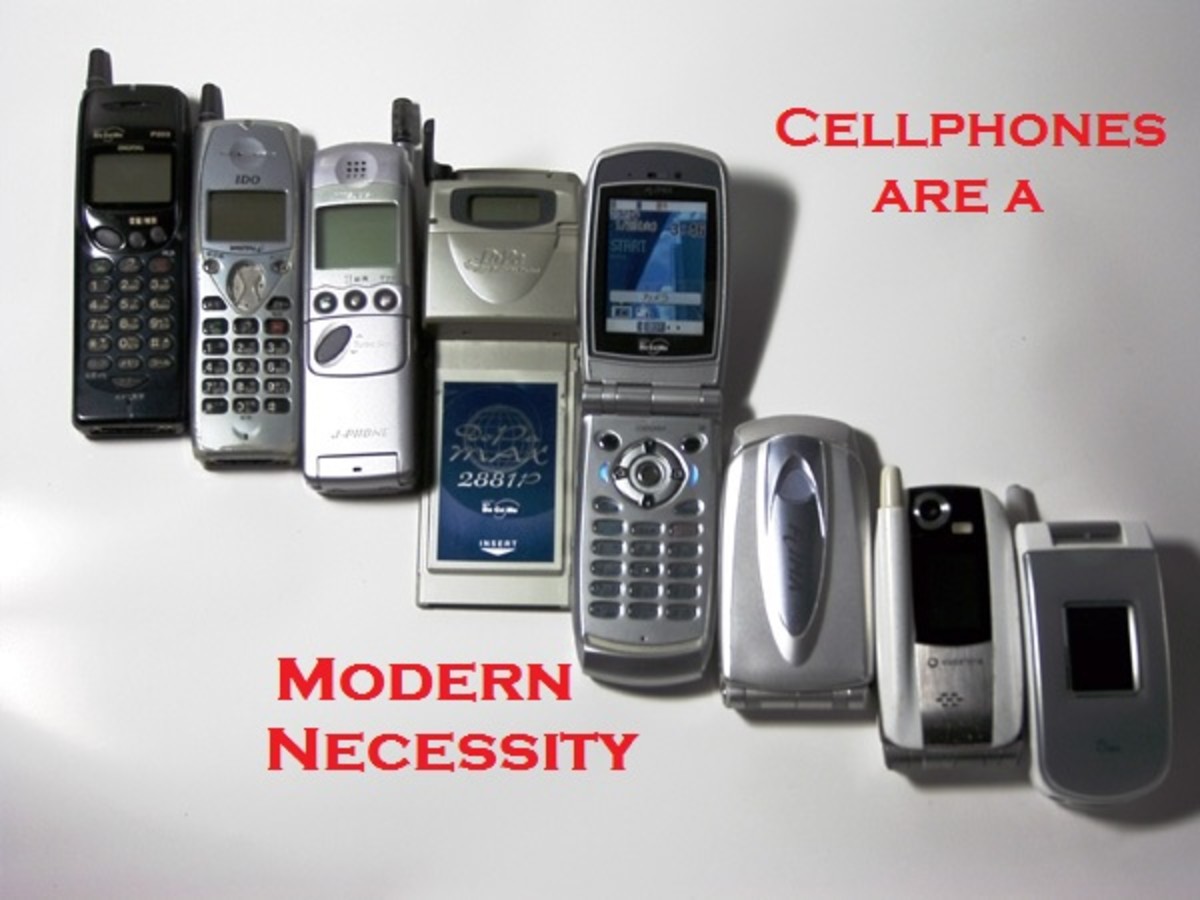Cellular Phones and Your Brain
Does a Cell Phone Cause Cancer?
This is the first question that has to be asked and so far there is not definitive answer. No, there is no direct evidence that a cellular phone, specifically the energized antenna in a phone, causes brain cancer.
But there's a problem here. Most causes of cancer take years if not decades to develop . So to say that cellular phones cannot possibly cause cancer, the common refrain from manufacturers and cellular providers, is simply disingenuous. No one really has a definitive answer.
But the cellular phone, powered on and transmitting, does affect the brain!
This is irrefutable.


Published in the Journal of American Medical Association
In an article published February 22, 2011 in JAMA researchers from the National Institutes of Health and the Brookhaven National Laboratory identified a cell phone effect on the brain.
This article is about the tests, the results, and what those results mean. Please do read on.
The Test
In an attempt to actually settle the question of health effects of cellular phones on the brain, a team at the Brookhaven National Laboratory conducted tests on volunteers with a Functional Magnetic Resonance Imaging machine.
The test, as these tests usually go, used to conditions while subjecting volunteers to imaging studies. Forty-seven subjects were recruited from a larger pool in the local community. These subjects were tested to determine good general health.
The test was conducted between January 1 and December 31, 2009. Cell phones were placed on the left and right ears during a Positron Emission Tomography (PET scan) study. Subjects were injected with fluorodeoxyglucose which "lights up" when there is increased activity in a particular part of the brain (see image right). The flouro-glucose displays increased blood-flow activity in areas of the brain with increased activity.
The right cell phone was activated for fifty minutes in one phase of the test and then both cell phones were deactivated (turned off) for another fifty minutes of the test. During both tests the PET scan measured the metabolism of the brain.
What showed up was increased activity immediately adjacent to the cell phone antenna on the activated phone. Cellular phones that were turned off had no effect on brain metabolism.
The Results
The test did not show increased metabolic activity in the entire brain. What it did show was localized increased activity in the area of the brain closest to the active antenna. In fact metabolic activity was classified as "significantly higher" with those subject exposed to an inactive antenna.
The metabolic increase could easily be correlated to the power output of the antenna.
What Does it Mean?
It is too early to tell if this increased metabolic activity has a negative effect on the brain. But two things are obvious from these tests.
One, there is a change to the metabolism in the brain of subjects using an working cellular phone. This activity is not a heat rise in the brain from the electromagnetic signals from the phones. It is an increase in brain activity.
Two, manufacturers and providers can no longer claim that cellular phones have no effect on brain activity. They do!
What are the Dangers?
No on can say at this early stage of tests if there are any dangers. But now that it can be shown that cellular phone signals do indeed cause some change to the way the human brain operates, further research will most certainly need to be conducted.
Do cellular phones cause cancer?
No one really knows. But they do change the way the brain functions.
That can no longer be disputed.
Coda
The results of this research have had an immediate impact on health-care research and claims that cellular phones are safe.
It is no longer a "slam dunk" that a cell phone is safe; this is simply not known.
What is known is that there is a a very definite effect on the brain of a person using an active cellular device.
Should you throw away your phone?
Unlikely, but those close to the study say that if you are concerned about exposure you can use the hands-free speaker mode of the phone and hold it nearer your mouth.
There was no recommendation on the use of ear-buds or hands-free headsets.
Disclaimer
The author was not compensated in any way, monetarily, with discounts, or freebies by any of the companies mentioned.
Though the author does make a small profit for the word count of this article none of that comes directly from the manufacturers mentioned. The author also stands to make a small profit from advertising attached to this article.
The author has no control over either the advertising or the contents of those ads.








